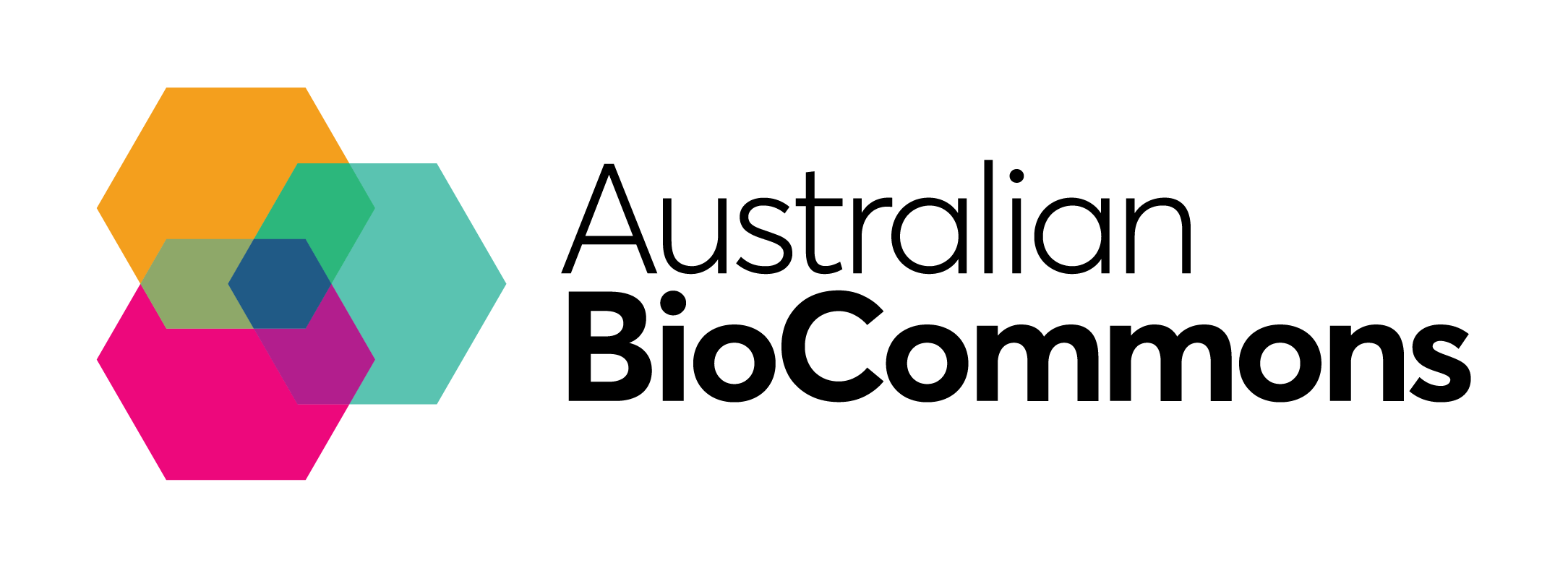WORKSHOP: Variant calling in humans, animals and plants with Galaxy
Date: 25 May 2021 @ 13:00 - 17:00
Timezone: Canberra
Variant calling in polyploid organisms, including humans, plants and animals, can help determine single or multi-variant contributors to a phenotype. Further, sexual reproduction (as compared to asexual) combines variants in a novel manner; this can be used to determine previously unknown variant - phenotype combinations but also to track lineage and lineage associated traits (GWAS studies), that all rely on highly accurate variant calling. The ability to confidently call variants in polyploid organisms is highly dependent on the balance between the frequency of variant observations against the background of non-variant observations, and even further compounded when one considers multi-variant positions within the genome. These are some of the challenges that will be explored in the workshop.
In this online workshop we focus on the tools and workflows available for variant calling in polyploid organisms in Galaxy Australia. During the workshop you will get hands-on experience using Freebayes for variant calling and SnpEff and GEMINI for variant annotation. The workshop makes use of data from a case study on diagnosing a genetic disease however the tools and workflows are equally applicable to other polyploid organisms and biological questions.
Access to all of the tools covered in this workshop is via Galaxy Australia, an online platform for biological research that allows people to use computational data analysis tools and workflows without the need for programming experience.
You may also be interested in our workshops on variant calling in viruses and bacteria. See our events page for more information.
Date/time: 1-5pm AEST, Tuesday 25 May 2021
Lead Trainers: Dr Gareth Price, Dr Igor Makunin, QCIF Bioinformatics.
Learning outcomes
The materials to be covered in the workshop are freely available via the Galaxy Training Network.
By the end of the workshop you should be able to:
- Identify genetic variants in samples based on exome sequencing data
- Identify causative variants associated with a given phenotype
- Apply Freebayes for variant calling
- Apply SnpEff and GEMINI for variant annotation
The workshop will NOT provide an introduction to the basics of Galaxy or the use of Galaxy for sequencing analysis (e.g. quality control and mapping). If you would like to learn about these topics there are several tutorials available via the Galaxy Training Network.
Who the workshop is for
This workshop is for Australian researchers who have or will work on variant calling in polyploid organisms as part of their projects.
To get the most out of the workshops you must be familiar with the concepts of variant calling and have some experience with the basics of using Galaxy Australia such as setting up a history, uploading data and running tools. No programming experience is required.
You will be required to watch an introductory webinar (either live or recorded) that will provide an overview of Galaxy Australia and introduce key functionalities of the service. If you are new to Galaxy we recommend that you work through the following tutorials in advance: A short introduction to Galaxy and Galaxy 101 for Everyone.
How to apply
This workshop is free but participation is subject to application with selection. Applications close at 5pm AEST Wednesday 12 May 2021.
You must be associated with an Australian organisation and provide an appropriate organisational email address for your application to be considered.
Applications will be reviewed by the organising committee and all applicants will be informed of the status of their application (successful, waiting list, unsuccessful) by Friday 14 May 2021. Successful applicants will be provided with a Zoom meeting link closer to the date.
This workshop is presented by the Australian BioCommons and Queensland Cyber Infrastructure Foundation (QCIF) with the assistance of a network of facilitators from the national Bioinformatics Training Cooperative and Galaxy Australia.
This event is part of a series of bioinformatics training events. If you'd like to hear when registrations open for other events, please subscribe to Australian BioCommons.
Contact: Melissa Burke melissa@biocommons.org.au
Keywords: Variant calling
Country: Australia
Organizer: Australian BioCommons
Host institutions: Australian Biocommons, QCIF
Eligibility:
- Registration of interest
Target audience: Biologists, bioinformaticians
Capacity: 50
Event types:
- Workshops and courses
Operations: Variant calling
External resources:Activity log

